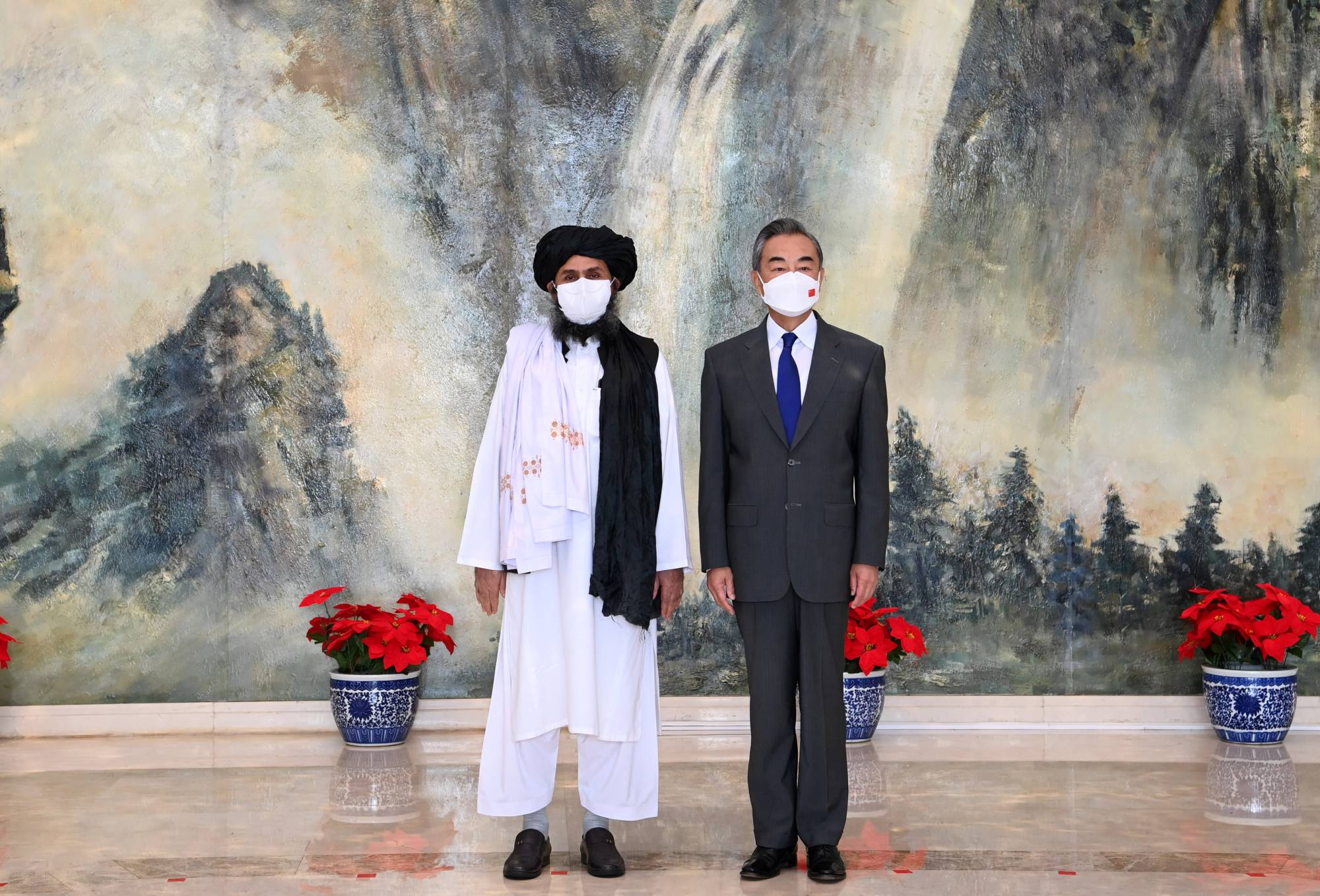When the U.S. invaded Afghanistan in 2001, the global economy looked very different: Tesla Inc. wasn’t a company, the iPhone didn’t exist and artificial intelligence was best known as a Steven Spielberg film.
Now all three are at the cutting edge of a modern economy driven by advancements in high-tech chips and large-capacity batteries that are made with a range of minerals, including rare earths. And Afghanistan is sitting on deposits estimated to be worth $1 trillion or more, including what may be the world’s largest lithium reserves — if anyone can get them out of the ground.
Four decades of war — first with the Soviet Union, then between warring tribes, then with the U.S. — prevented that from happening. That’s not expected to change anytime soon, with the Taliban already showing signs they want to reimpose a theocracy that turns back the clock on women’s rights and other basic freedoms rather than lead Afghanistan to a prosperous future.



